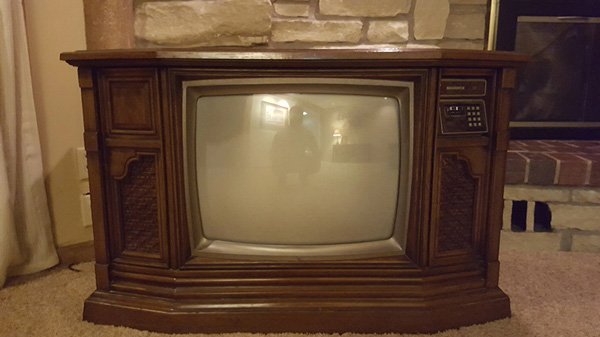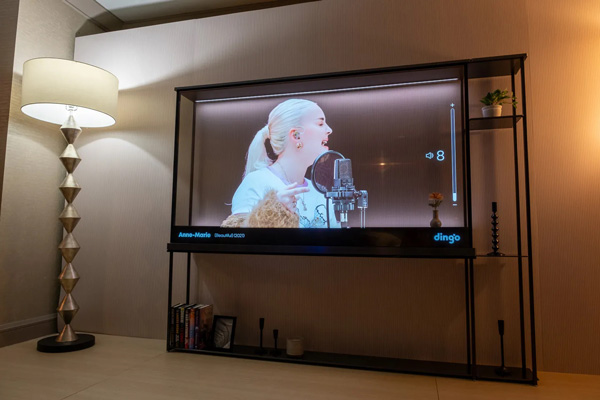Today Middle School. Tomorrow the World.
 If you have a child in Mrs. Dollas' eighth-grade class at the Rupert A. Nock Middle School in Newburyport, MA, odds are you are probably pretty steamed with me right now.
If you have a child in Mrs. Dollas' eighth-grade class at the Rupert A. Nock Middle School in Newburyport, MA, odds are you are probably pretty steamed with me right now.
For those who aren't up to speed, here's why.
On a cold winter day in mid-January, I addressed her students about careers in electronics. About 20 teens gathered for the school's ongoing career exploration series (which as an aside, is a wonderful concept that all middle schools should adopt). I was invited to speak about my own career, but I quickly pivoted to the possibilities in tech that don't involve creating an app.
After asking for a show of hands from those who have been scolded by their folks for excessive video game playing – all of them – I then served them a counterargument: Play more!
My reason, I explained, is because video games – well, many of them – encourage students to use their imaginations. And while acknowledging their inherent addictiveness, I also believe they impart tremendous skills and subtle knowledge that will be useful to future generations of workers.
The first major trade show I attended was the Summer Consumer Electronics Show some 30 years ago, back when it was held in Chicago. There I saw the prototypes for HDTV and widescreen TVs, and more interesting, the first foldable screens.
I have to admit, nothing quite caught their attention more than the images of the devices that were common when I was their age. Seeing their faces as I showed the old floor TV models as large as a desk and the computer terminals the size of small ovens I grew up with was amusing. But it also reinforced the point that, as 13- and 14-year-olds, at least some of them are a scant eight years away from graduating college and facing the possibility of dreaming up and making the next round of electronics.

A Magnavox floor model similar to the one I grew up with. Fancy!
We are reminded, of course, that it takes a generation or more for most ideas to become mainstream. But fast forward to this year's CES, and among other innovations there were transparent TVs (thanks to LG and Samsung), foldable OLED PC monitors (Asus), and a portable rolling robot projector (Samsung again) that, well, you really have to see to understand what it is capable of.

Samsung's "transparent" TV, introduced this year.
Who but avid video game players would think of these things?
Of my cohort that January morning, two of them are already thinking in terms of engineering careers, but in my opinion what's more important is that none of them rules out this path. I took care to point out the many different ways there are to get here, and how many opportunities there are, regardless of one's particular skill set or interests. In other words, a lifetime in technology doesn't have to start with mad math skills.
Mentoring peers is great and important, but I'm a big proponent of talking to youth and helping them connect the dots. As the saying goes, if you want to see the future, take a look at your kids.
And if you agree that we need the next generation to consider careers in electronics design and manufacturing, are you doing what you can to encourage them?
P.S. Our condolences to the many friends and family of Michael Ford, who passed away Jan. 27. Michael was a former columnist for PCD&F/CIRCUITS ASSEMBLY, a regular speaker at our conferences, a trusted advisor and a fantastically warm person. We will miss him.
is president of PCEA (pcea.net); mike@pcea.net.




